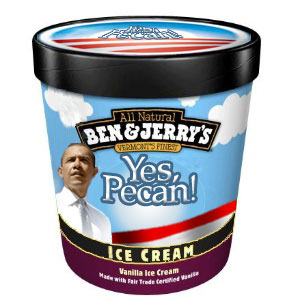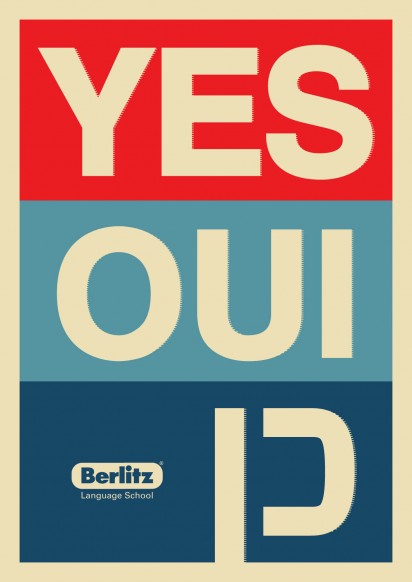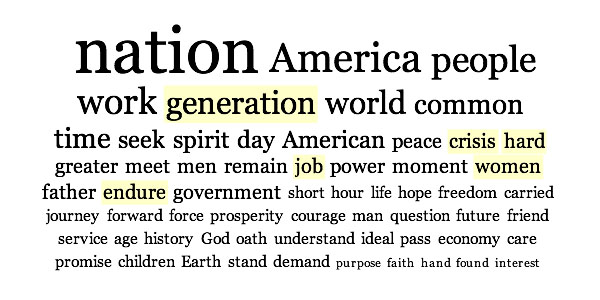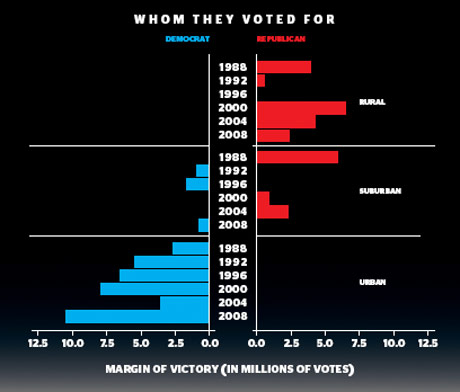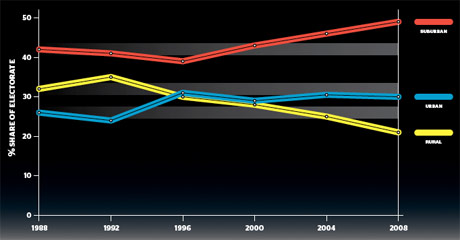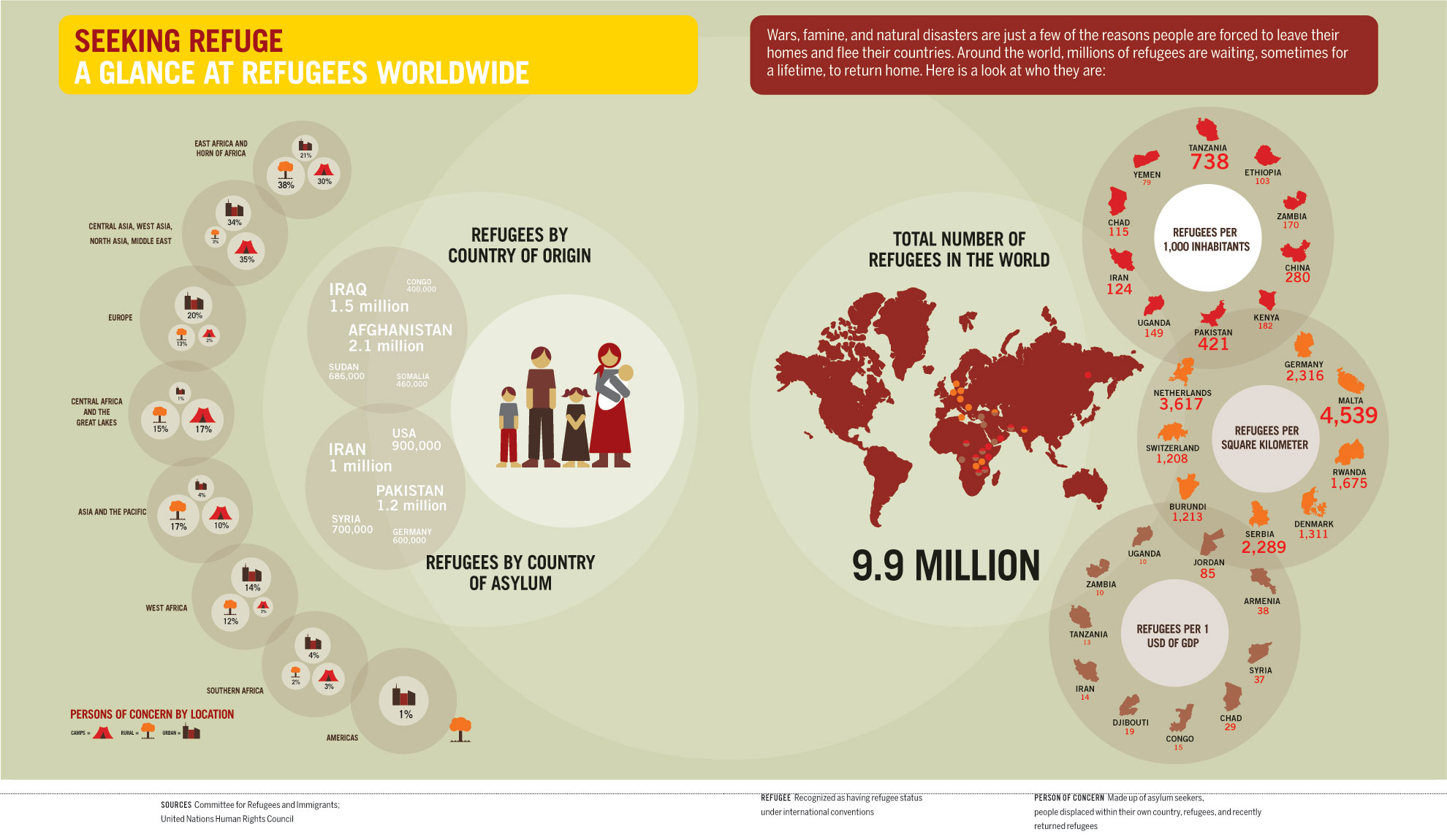The ownership of corporations under parent companies concentrates profits and profit motives, often in ways that undermine the progressive or conservative causes that the subsidiary companies purport to promote. Ben and Jerry’s Ice Cream is famous for its progressive and countercultural flavors and activities.
A tribute to the countercultural bands, Phish and The Grateful Dead:
A pacifist message:
The Barack Obama inspired flavor, Yes Pecan:
Alas, in 2000 Ben and Jerry’s was bought by Unilever, the company that brings us (pseudofeminist) Dove, (misogynistic) Axe, and (racist) Fair and Lovely products (examples here, here, here, here, here, here, here, and here).
Oh, to bring the irony full circle, Unilever owns Slimfast too.
Don’t shoot the messenger.
Hat tip to Jezebel.




